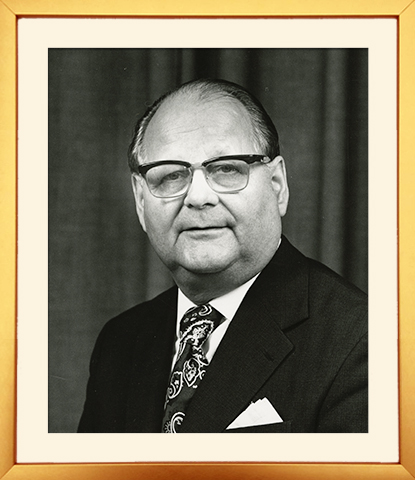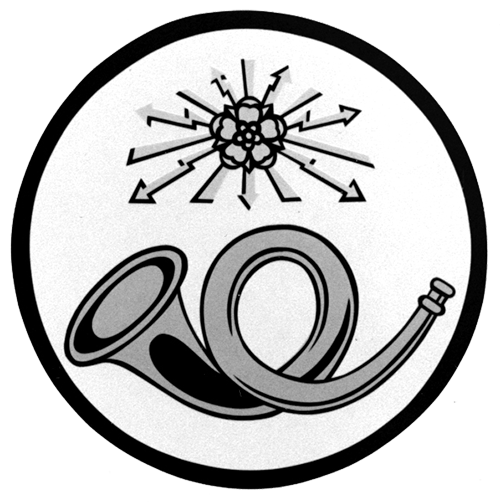



Photo: Jaakko Savolainen
Oiva Saloila (1910–1998) had a long career at the Postal Services. He joined the organisation in Tampere in 1928 as a relief postman. He then worked as a postman, a clerk in the post coach unit, a notary in the telegraph unit, as a secretary to Director Ahola, as a legal counsel in the general management department, manager at the work analysis department and manager of the financial department. Compared to Ahola, Saloila acted more like a civil servant and kept a low profile. He was a very diligent worker and conciliatory by nature. Politically, he characterised himself as an independent conservative. He was moderate but wanted to implement changes in the organisation.
Saloila studied while working and passed the matriculation exam in 1934, achieved a degree in law in 1936, and a postgraduate degree in 1943. Saloila was also actively involved in trade unions. He was Editor-in-Chief at Postitorvi magazine, Chairman of Suomen Postiyhdistys (Finland's Post Association) as well as a member and vice-chairman of the Board of Directors at Virkamiesliitto (the Civil Service Association).
